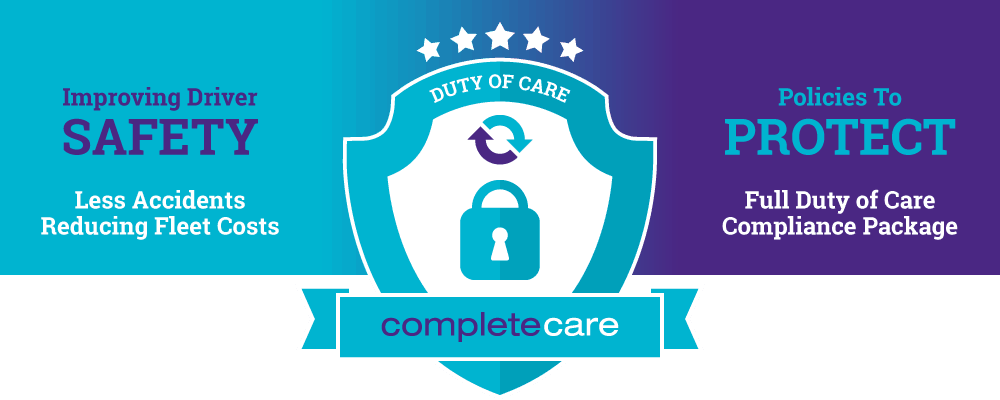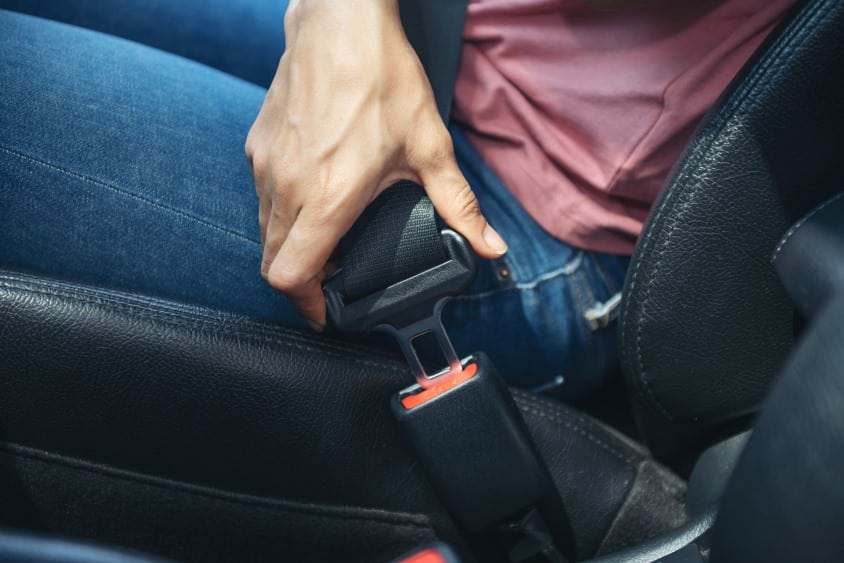The seatbelt can be attributed as one of the most important safety innovations in all of motoring history and, in 2016, celebrated its 50th anniversary!
Legislation making it mandatory for all new cars to be fitted with seatbelts came into effect in the UK in 1966 and revolutionised road safety for the nation’s drivers and passengers alike. It later became compulsory for all drivers to wear a seatbelt whilst driving in 1983. This simple but effective safety measure can significantly reduce your risk of serious injury. Wearing a seat belt is just one of the ways drivers can improve road safety.
When may you drive without wearing your seatbelt?
According to the UK government website, there are specific instances where you are not required to wear a seatbelt by law. These situations are if you are:
- A reversing driver.
- Using a police or fire and rescue vehicle.
- Investigating a fault in a trade vehicle.
- A licensed taxi driver either carrying passengers or looking for customers.
- Driving a goods vehicle with no more than 50 metres between stops.
- A person who owns a ‘Certificate of Exemption from Compulsory Seat Belt Wearing’.
Do you have to wear a seatbelt in the back seat?
Yes, it is a legal requirement for rear passengers to wear a seatbelt too.
Does seatbelt legislation work?
For the past ten years, official government statistics have shown seatbelt use by all vehicle occupants has stood well above 90 per cent, with the latest data for 2021 showing seatbelt use is now habitual for 94.8 per cent of all road users.
Road safety minister Andrew Jones commented: “Many families have been spared the heartbreak of a death or serious injury of a loved one as a result of a simple action at the start of each trip.
“While the vast majority of people do wear seatbelts in both the front and back seats, there are still some who don’t and I urge all drivers and passengers to make sure they are safely belted in, even on the shortest of journeys.”
Fine for not wearing a seatbelt
Individuals that fail to belt up could be opening themselves not only to an increased risk of injury in the case of an accident, but also to on-the-spot fines, the minister warned. This penalty is often £100, but could range up to £500 for repeat offenders.
Mr Jones concluded that, while campaigns to highlight the risks of failing to wear a seatbelt have changed somewhat during the last five decades, what has stayed the same is the undoubted benefits to safety that this simple technology has delivered.
Taking the time to put on a seatbelt is therefore great advice that motorists up and down the country should continue to take heed of in the decades to come.
How else can driver safety be improved?
Businesses who use the roads for work should always be seeking ways to improve driver safety. Luckily, there’s an obvious solution that encourages drivers to be safer in their vehicles and also gives fleet managers more visibility of their operations – Tele-Gence.
Tele-Gence is an advanced telematics service that is designed to equip fleets with the very best in market technology to improve driver safety and reduce costs. You can keep track of your drivers’ whereabouts whilst receiving stats relating to how safely they are driving. All events of harsh braking, cornering and acceleration can be flagged in the easy-to-use online dashboard.
Get in touch today to find out more about how Tele-Gence could improve safety for your business and your drivers!



 Fuel Card Services has teamed up with Applied Driving Techniques (ADT) to offer fleet operators a free Compliance Health Check. This offers major cost savings, fewer road collisions and protected corporate reputation. It reveals how well a fleet complies with health and safety, duty of care, and other relevant legal requirements.
Fuel Card Services has teamed up with Applied Driving Techniques (ADT) to offer fleet operators a free Compliance Health Check. This offers major cost savings, fewer road collisions and protected corporate reputation. It reveals how well a fleet complies with health and safety, duty of care, and other relevant legal requirements.

